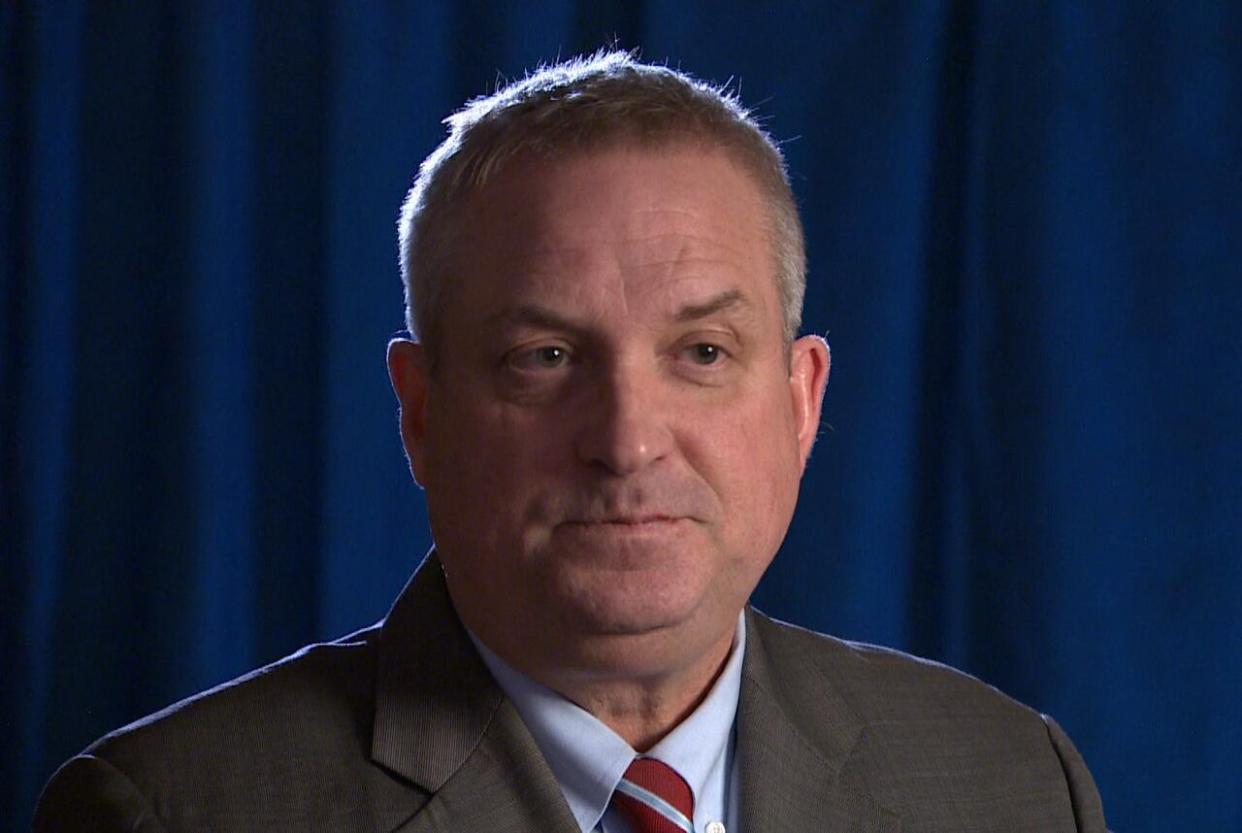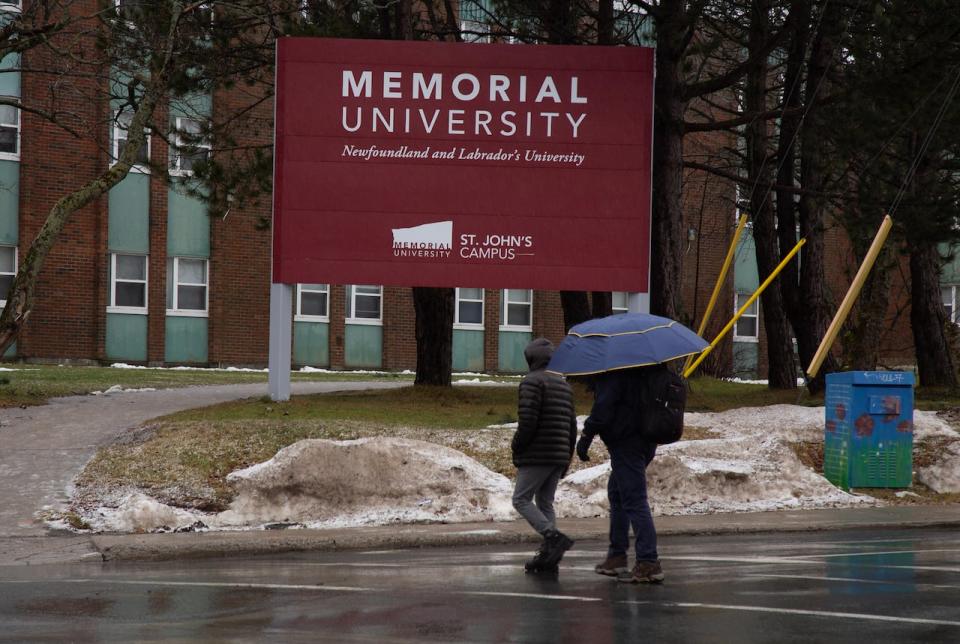International student cap could actually be a boon for N.L., immigration minister says

The number of international students coming to Newfoundland and Labrador may actually increase in the next two years despite a new federally implemented cap reducing their numbers by 35 per cent, the province's immigration minister said Thursday.
In the wake of Ottawa's decision last week to severely curtail the number of incoming foreign students — an attempt to address a countrywide housing crunch — Gerry Byrne says Newfoundland and Labrador may actually benefit from the cap.
Byrne says federal Immigration Minister Mark Miller reassured him the cap would affect the provinces with large numbers of international students studying at underregulated colleges.
"Ontario, British Columbia, Nova Scotia and P.E.I. will see net reductions in their number of international students, while Newfoundland and Labrador will go from 3,000 successful applicants per year to up to almost 4,800 applicants," Byrne said.
"We're talking about a significant increase."
Byrne's assurances come after student unions voiced concerns about the cap, wondering whether limiting international students would prompt tuition increases and contribute to students' growing struggle to pay for food and shelter.
Byrne attempted to assuage those fears by repeatedly saying Ottawa recognizes Newfoundland and Labrador as one of the most well-regulated provinces for incoming students.
He said his department intends to support international student population growth across the province.
"These students add approximately $150 million a year to the GDP of our province. These are people that we need to promote and support," he said.
Memorial University declined an interview on the cap Thursday. Spokesperson Chad Pelley said in an emailed statement that it would be "premature to speculate" on its impact in Newfoundland and Labrador, but suggested the school "highly values" its international students and will do "all that it can to support" them, noting foreign students are disproportionately involved in business start-ups and heavily invested in school affairs.
Housing still up in the air
Bringing in more students means post-secondary schools and government must figure out a way to house them, however.
Memorial University's student union said this week that its international population has struggled to find affordable housing close to campus already, for at least the last three semesters.
Byrne says the government won't bring in more students than the province can house but couldn't yet say how officials will decide who's paying for any new builds.

Affordable housing close to campus has been in short supply lately, says Memorial University's student union. (Paul Daly/The Canadian Press)
A student residence expansion, he said, may not be publicly funded at all.
"We've got programs, incentives to build affordable housing that includes student housing. But what seems perfectly obvious to me, that on a market basis, any institution that knows that they have a growing demand, a growing capacity to deliver, you can take that to the bank and build student housing and get reasonable market rates and pay for that mortgage if that's required," he said.
"So let's just look at all the options before we decide that this has to be grant-infused public housing."
Byrne says the province will bring in only as many students as it can house.
"We've got to make sure that housing is available. We've got to make sure that the supports are there. This is where MUN and CNA … need to step up and step up big."
Download our free CBC News app to sign up for push alerts for CBC Newfoundland and Labrador. Click here to visit our landing page.

